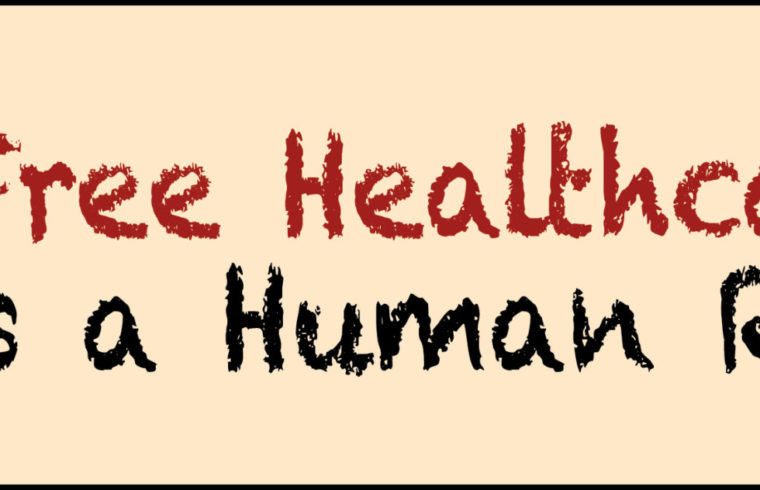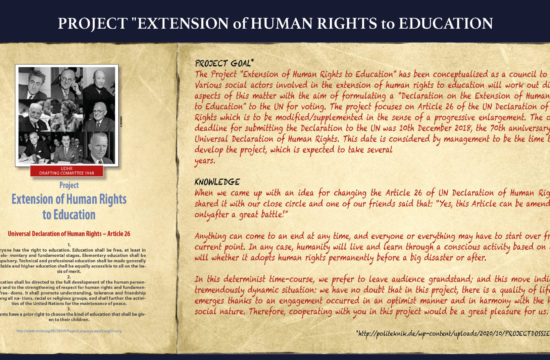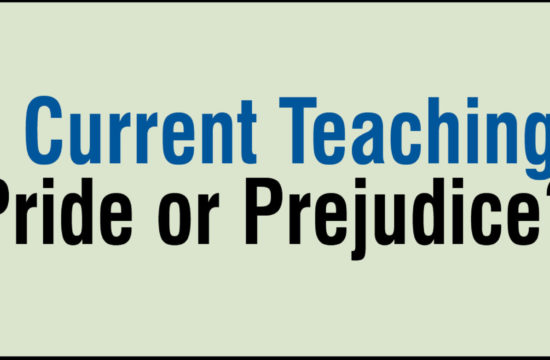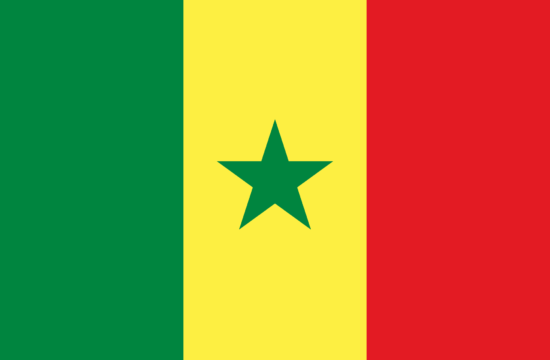4th year medical student from ESIC Medical College, Bengaluru – INDIA
With the ever-rising cases of COVID 19 every day during this pandemic, many of us have lost our loved ones or have seen them suffer from this disease. Especially the ones with pre-existing diseases such as diabetes mellitus and hypertension are more prone to infection and have a lesser rate of survival. What does this signify? Is Charles Darwin’s theory of survival of the fittest making the most sense right now, during this pandemic? Only those, who are free of any pre-existing diseases and have access to healthcare service are going to make it till the end in this perpetual war of COVID 19 versus humanity? What about the underprivileged ones who don’t have equal access to the healthcare system? Who are not financially strong enough to feed their loved ones a basic 2 meals a day let alone getting treatment for such diseases? How are they going to make it till the end of this pandemic? Or such many pandemics in the future? Don’t they have the basic right to get healthcare services without having to worry about their financial status?
One possible solution – Universal healthcare. According to the WHO definition “UHC means that all individuals and communities receive the health services they need without suffering financial hardship. It includes the full spectrum of essential, quality health services, from health promotion to prevention, treatment, rehabilitation, and palliative care” Attaining UHC is one of the targets of nations when adopting sustainable developmental goals of 2015. Good health will lead to better access to education to children and hence enables them to earn and help in uplifting the economy of the country. Moreover, it’ll reduce the cost of healthcare services to treat the complications of certain diseases that could have been easily cured and prevented by simple preventable measures at an early stage.
Let’s think about a step ahead of UHC. The entire basis of UHC is to access to healthcare services without having to put financial status in crisis. But if asked this question to oneself, we might get some insights about the rationality of what should be and not be human rights. Why are we charging direct money for healthcare? Do we have to pay money for the air we breathe? For the water, we drink? For the land and road, we walk on? For the crops, we grow in our land? For civil security, our police provide to us? For the national security which our army provides to us? We don’t. All the services and commodities which we require to survive a safe, secure life is provided by free by the government but the basic human body security against trivial to morbid diseases aren’t. Why is it so? Should not be free healthcare, a human right?
Health insurance companies are making tons of money every year. It has become a multi-dollar industry. Every insurance package is sold with specifications for coverage of only particular diseases and conditions as if the human body is a computer and health insurance are anti-virus protectors. There’s no practical way to figure out how much exactly private doctors and pharmaceutical companies are making revenues. Some people are turning healthcare into businesses. The rich are getting richer and the poor are getting poorer. Health is one sector where a person will prioritize over almost anything when it comes to their life and death. That’s how some insurance companies are taking ill advantages. Feeding on their uncertainties.
There’s an ever-increasing gap between the public health sector and the private health sector and the quality of the services provided at these places strikingly belongs to opposite extremes of the spectrum. A possible reason is, the public health care sector isn’t meeting the need of the vast majority of people to whom it has meant to serve proportionally, to a certain level of acceptable quality. While on the other hand, some private hospitals are providing the utmost care to the patients, inclusive of the holistic approach to health. This difference in the quality of treatment is the evidence for the need to introduce free healthcare as a human right. Capitalization of health care is the reason why this difference exists. It’s the reason why the poorer section of the public chooses to not go to a hospital for the basic trivial health, neglecting it which can possibly turn out morbid in the future. It is the reason why malpractices by some healthcare services providers make to earn that extra commissions from pharmaceutical companies. It is the reason why pockets of insurance companies are getting bigger and bigger while that of poor people, it’s getting smaller. It’s the reason why even today in the world, the conditions such as night blindness exists which can be easily prevented by providing vitamin A vaccination in early childhood. This is the reason why there’s an increase in the mortality rate of the population every year which could have been much lesser if had treated them at the right time. Only possible, if we treat free healthcare as a human right.
How can we make this possible though? Let’s take the UK for example. In the UK, NHS (national healthcare services) provides free health care services ranging from consultations to even major cardiothoracic operations for free. How can they afford to do this? They are funded by a certain amount of taxes paid by the public of the UK from the revenue they make. Like a centralized health insurance service provided by the government of the country to meet the requirements of the people. The salaries of NHS employees are fixed and centralized, thus malpractice chances are closer to obsolete. Perhaps, the UK is still to attain an entirely free health care system yet. There are still some parts of the commercialization of the healthcare sector that’s prevalent but the UK still provides many nations a stepping goal to work for.
Let’s work on our health care policies, approach our government to work upon this vision, and make free healthcare as a human right in the pages of our constitution so that no person in this country has to succumb to under quality of life or to deadly diseases.
It is true, health is wealth but let’s not commercialize this wealth. After all, Free healthcare should be a human right.











